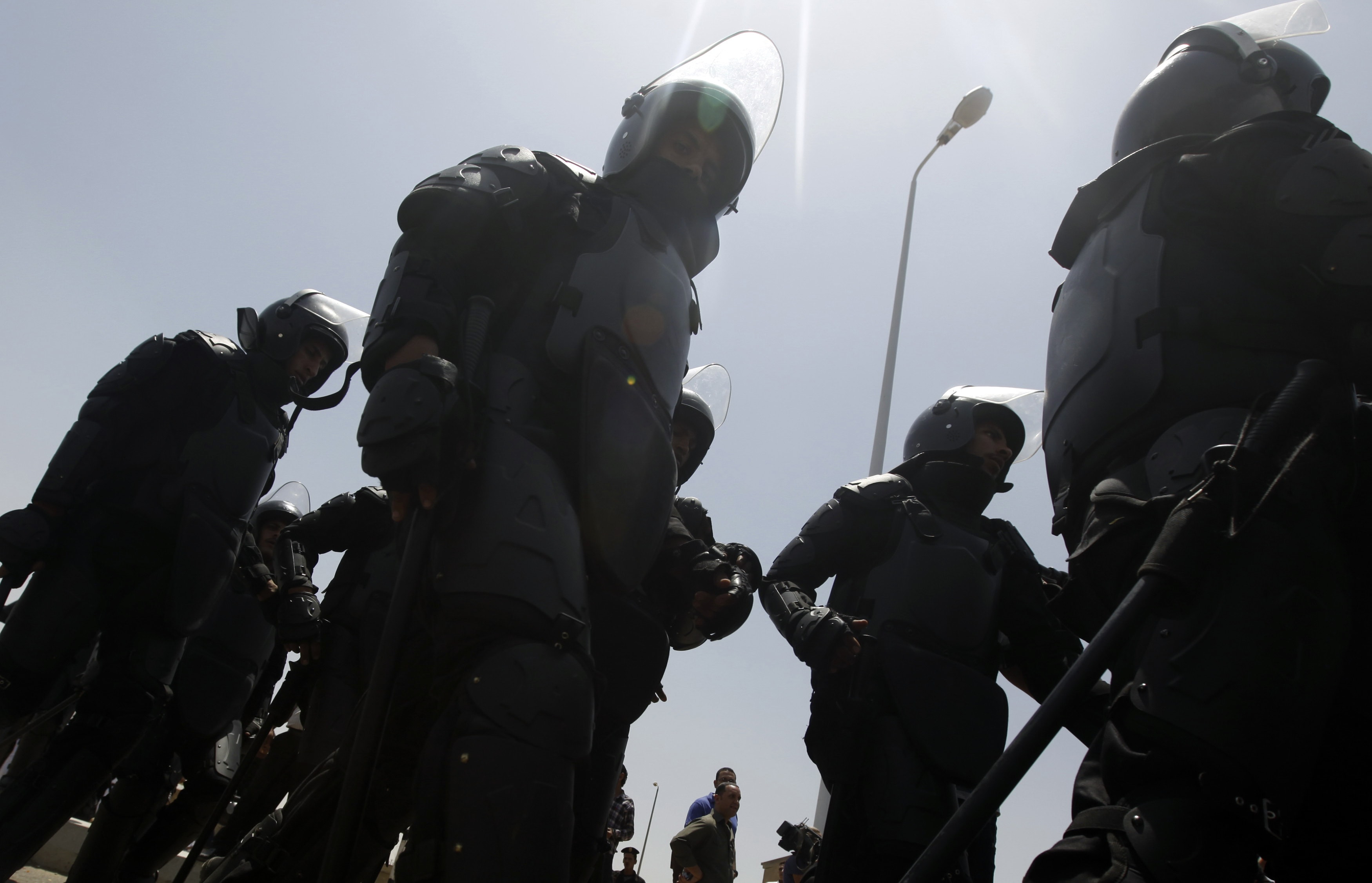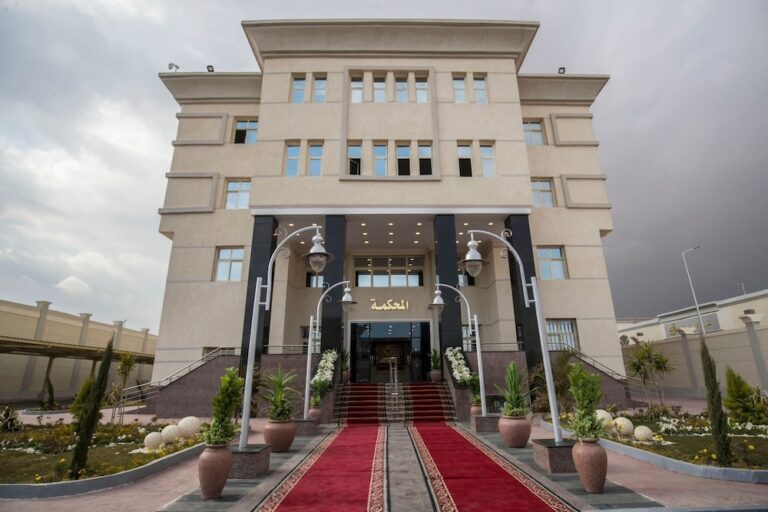Although calls for an in-depth reform of the security apparatus in Egypt have been ongoing since the 25 January 2011 revolution, torture in the country's police stations continues unabated.
Islam Fathi, a journalist for the MBC Masr television channel, was detained and beaten on 31 October 2013 after attempting to report on a building collapse in the city of Minya.
He was held in a local police station for 24 hours after an altercation with a police officer that occurred when he identified himself as a reporter and tried to approach the scene of the collapse. He was taken to the station by around 15 police officers, who then assaulted him. Fathi told the Egyptian Organization for Human Rights (EOHR) that his hands and feet were handcuffed and attached to a horizontal stick and that he was tortured for almost 10 hours.
He was referred to the public prosecutor the next morning, coerced into giving a false confession, and charged with resisting the authorities and assaulting a police officer.
His case has sparked outrage in the media sector, prompting a group of 60 Egyptian journalists representing various media outlets to launch a group called “Journalists Against Torture”, in an effort to raise awareness of the dangers media professionals in Egypt continue to face. The group has also called for an investigation into all those involved in the incident, beginning with the Minister of Interior himself.
One of the central demands of Egypt’s 2011 revolution, which ended Hosni Mubarak’s almost 30-year rule, was to end police brutality and the practice of torturing political prisoners, but the use of torture and the mistreatment of detainees is still widespread in Egypt’s police stations.
When Mohammad Morsi was voted in as the country’s first democratically-elected president on 30 June 2012, the practice of torture actually increased, one of the factors leading to the mass protests that prompted the military to oust him a year later.
Immediately after his removal, the military took charge and declared an official state of emergency. In spite of its bloody crackdown on Muslim Brotherhood supporters and the continued brutality used against detainees in police stations, the military has managed to rally massive public support. On 12 November 2013, an Egyptian court ordered an end to the state of emergency.
Calls by EOHR and other local rights groups for an in-depth reform of the country’s security apparatus have largely fallen on deaf ears.
EOHR reports that a review of the laws in place shows that the penal code does not include any controls to protect citizens from torture.
The organisation has published separate recommendations to the General Prosecution, Interior Ministry, and the interim government. These call on the prosecution to carry out unbiased investigations in response to complaints filed by those claiming to have been tortured by police officers, on the Ministry of Interior to conduct training sessions for its officers on the implementation of human rights as applied to prisoners, and on the interim government to take legislative action to protect citizens from “the assault on public rights and freedoms”, and to compensate victims of torture.
The Arabic Network for Human Rights has also drawn attention to the issue by arguing that a restructuring of the entire Ministry of Interior is required to eradicate the practice of torture and put an end to the culture of impunity which encourages perpetrators to violate basic human rights.
A few days after he was tortured, Fathi found the strength to return to the office of the public prosecutor and file a complaint against the officers who tortured him. The charges against him were dropped, and his injuries were treated.
A week later, on 7 November, ANHRI reported that another journalist was picked up by police and held in an unknown location, without charge.



